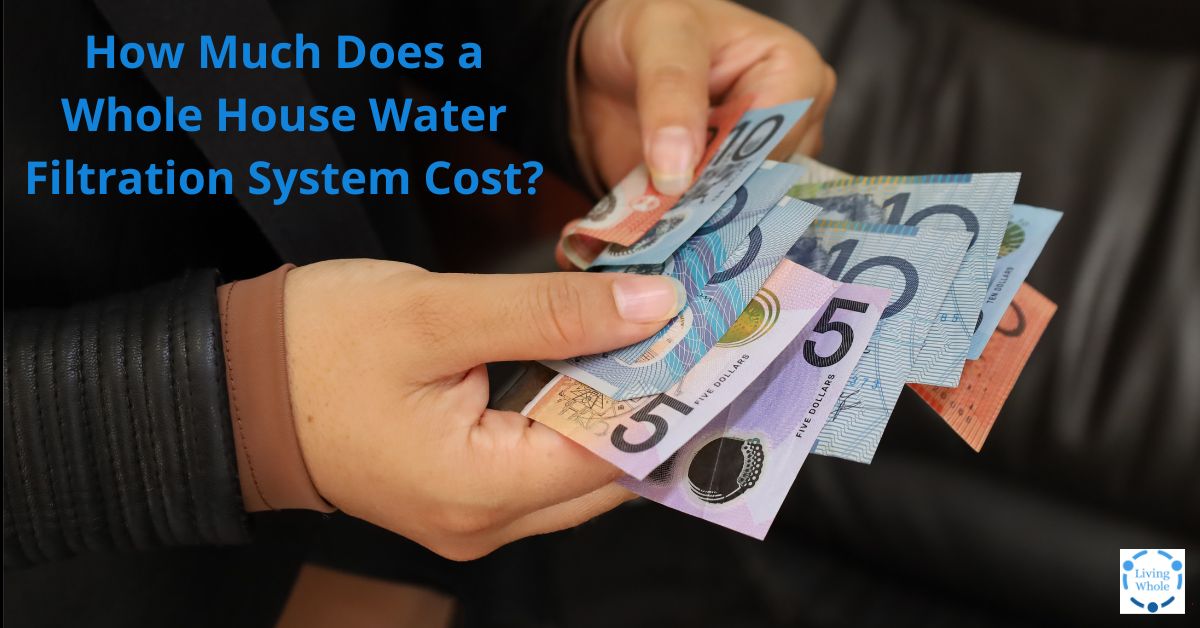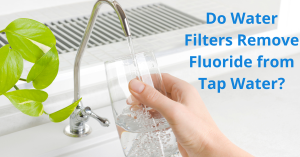When it comes to ensuring clean, safe water for your home, a whole house water filtration system is often a top consideration. But before diving into this investment, it’s natural to wonder: How much does a whole house water filtration system cost? And more importantly, is it worth it? Let’s break it all down in a way that’s easy to understand so you can make an informed decision for your home and family.
The Cost of a Whole House Water Filtration System
The price of a whole house water filtration system can vary widely depending on the type of system, the size of your home, and the specific contaminants you’re looking to remove. On average, you can expect to pay anywhere from $1,000 to $4,000 for the system itself, including installation. Here’s a rough breakdown:
– Basic Systems: These start at around $1,000 and are designed to remove sediment, chlorine, and other common contaminants. They’re a great option if you’re looking for general water quality improvement.
– Mid-Range Systems: These typically cost between $1,500 and $2,500 and often include additional filtration stages to address heavier contaminants like pesticides or PFAS.
– High-End Systems: For large homes with more complex water quality issues, such as high levels of dissolved solids or bacteria, you might be looking at systems costing $3,000 or more. These often include advanced technologies like UV purification or multiple filtration stages.
Keep in mind that installation costs can add another $500 to $1,000, depending on the complexity of the setup and whether any plumbing modifications are needed. While this might seem like a significant upfront investment, it’s important to consider the long-term benefits.
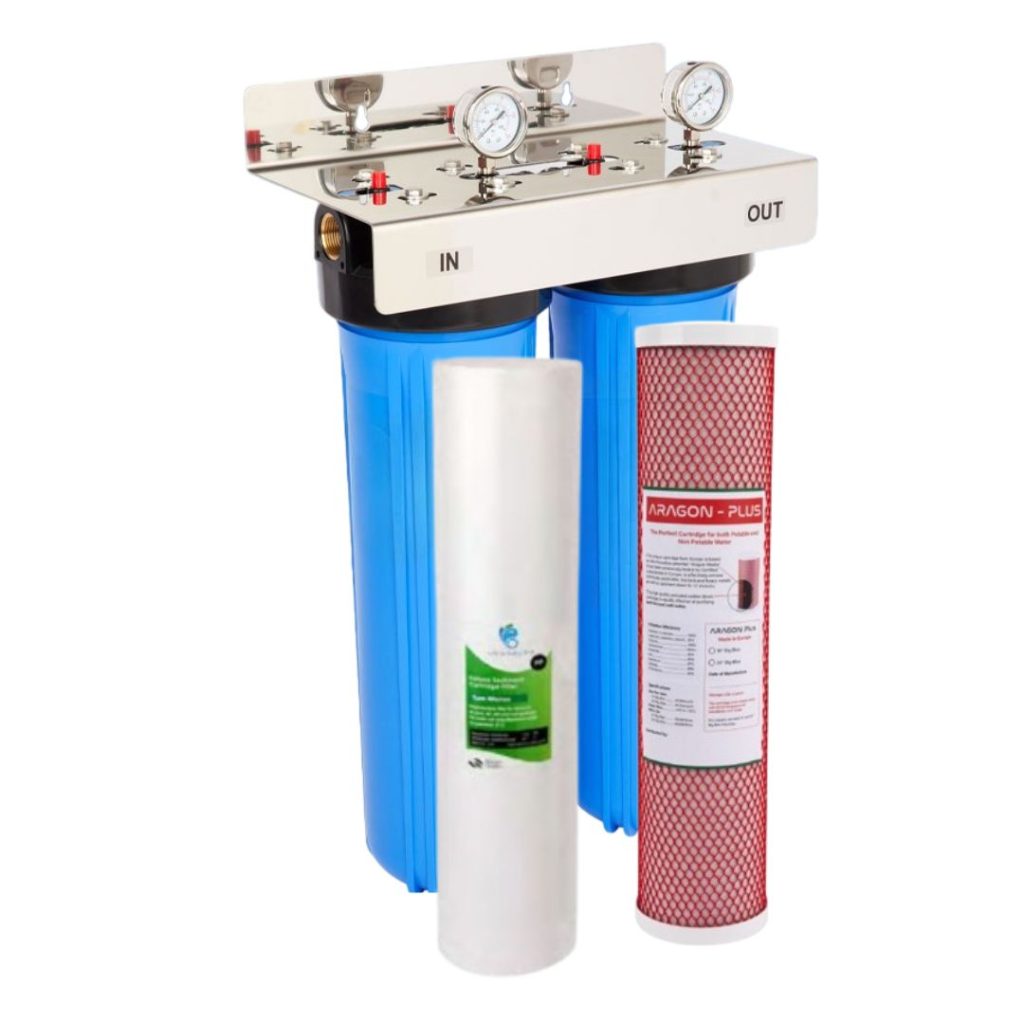
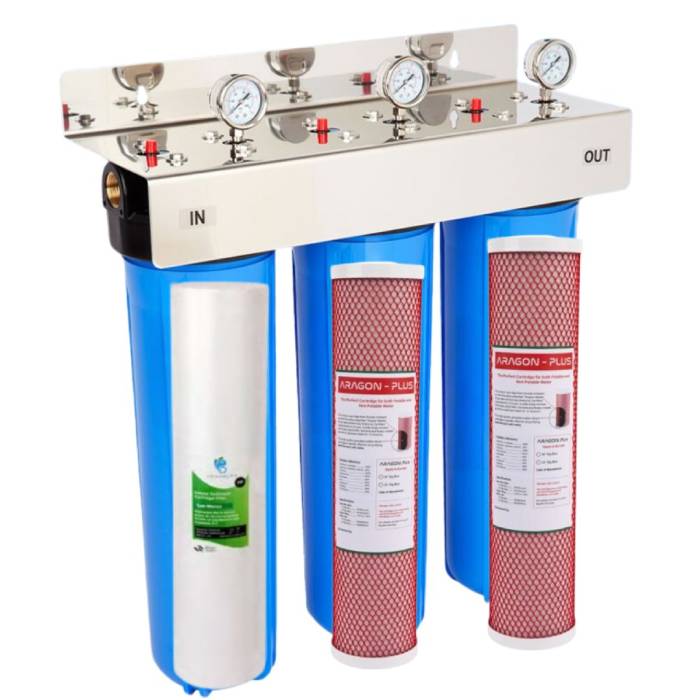
Is Whole House Filtration Worth It?
The short answer? It depends on your needs. A whole house water filtration system offers several advantages:
1. Convenience: With a whole house system, every tap in your home delivers filtered water. That means clean water for drinking, cooking, bathing, and even laundry. No more juggling multiple filters or worrying about which faucet has the best water.
2. Protection for Appliances: By removing sediment and minerals, these systems can extend the life of your appliances, like washing machines, dishwashers, and water heaters. This can save you money on repairs and replacements in the long run.
3. Improved Skin and Hair Health: If you’ve ever noticed dry skin or brittle hair after showering, it could be due to chlorine or other chemicals in your water. A whole house system can help alleviate these issues.
However, there are some limitations. For example, if you’re specifically concerned about fluoride removal, a whole house water filter might not be the best solution. Fluoride requires a long contact time with the filter media to be effectively removed, which isn’t practical for a whole house system. In this case, a point-of-use water filter, like a best bench top water filter or an RO filter, is recommended. These are designed to handle fluoride and other contaminants that require more precise filtration.
Alternatives to Whole House Filtration
If a whole house system isn’t in your budget or doesn’t meet your specific needs, there are other options to consider:
– Point-of-Use Filters: These include under-sink filters, bench top water filters, and fluoride filters. They’re more affordable and can target specific contaminants, such as fluoride or lead.
– RO Filters: Reverse osmosis (RO) systems are highly effective at removing a wide range of contaminants, including dissolved solids, heavy metals, and even fluoride. They’re typically installed under the sink and provide excellent drinking water quality.
– Home Water Filtration Pitchers: They are not as reliable and robust as other options, these are a budget-friendly way to improve the taste of your drinking water.
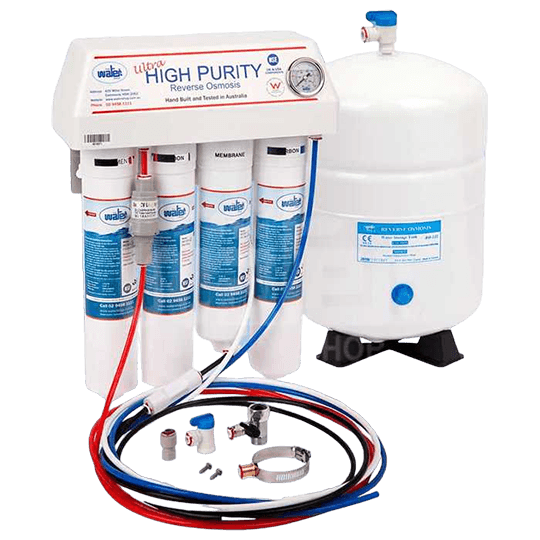
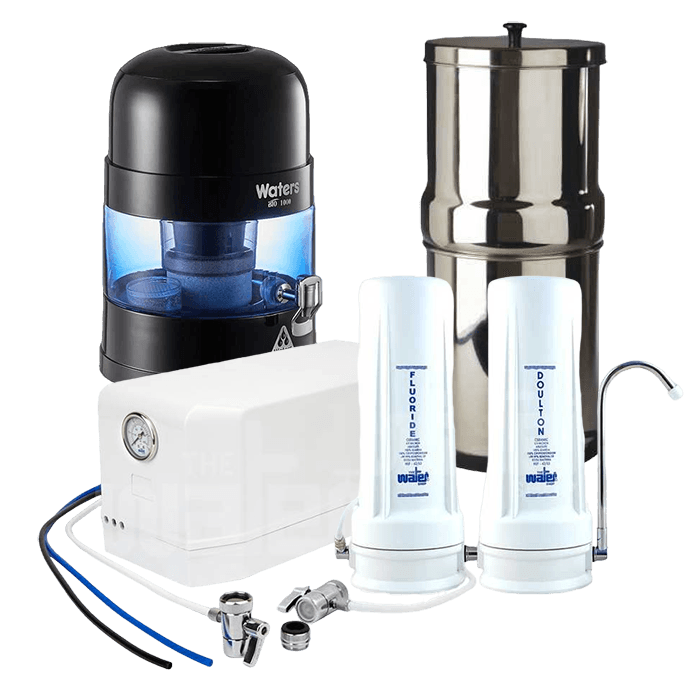
Making the Right Choice
Ultimately, the decision to invest in a whole house water filtration system comes down to your specific water quality issues, budget, and priorities. If you’re dealing with multiple contaminants or want the convenience of filtered water throughout your home, a whole house system is likely worth the investment. However, if your concerns are more targeted, like fluoride removal, a point-of-use solution might be the better choice.
Before making a decision, I highly recommend getting your water tested or checking with your water service provider. This will give you a clear picture of what’s in your water and help you choose the right system for your needs. Whether you go with a whole house system, an RO filter, or a home water filtration system, the most important thing is that you and your family have access to clean, safe water.
At the end of the day, clean water is an investment in your health, your home, and your peace of mind. You cannot place a price on that.

